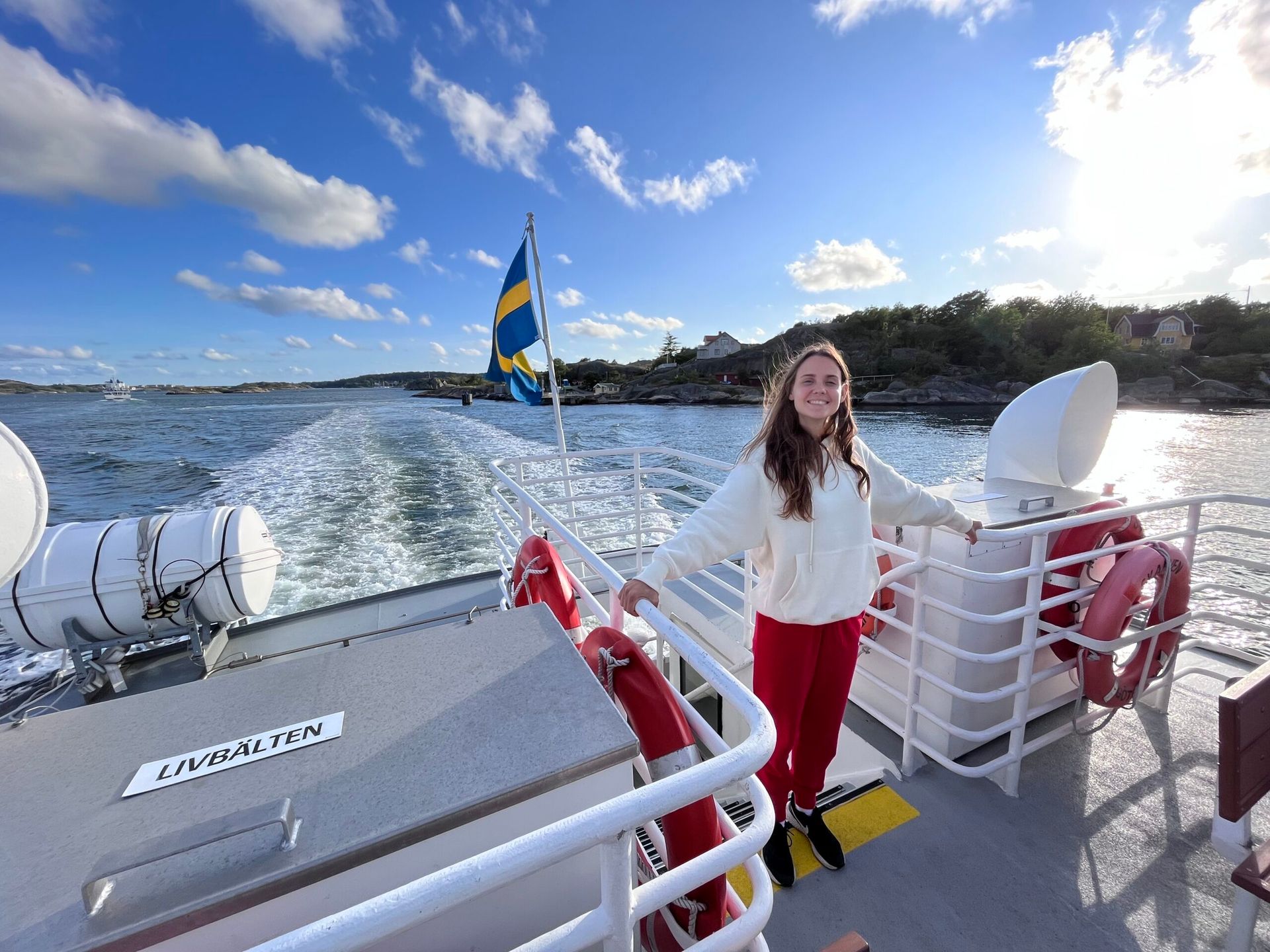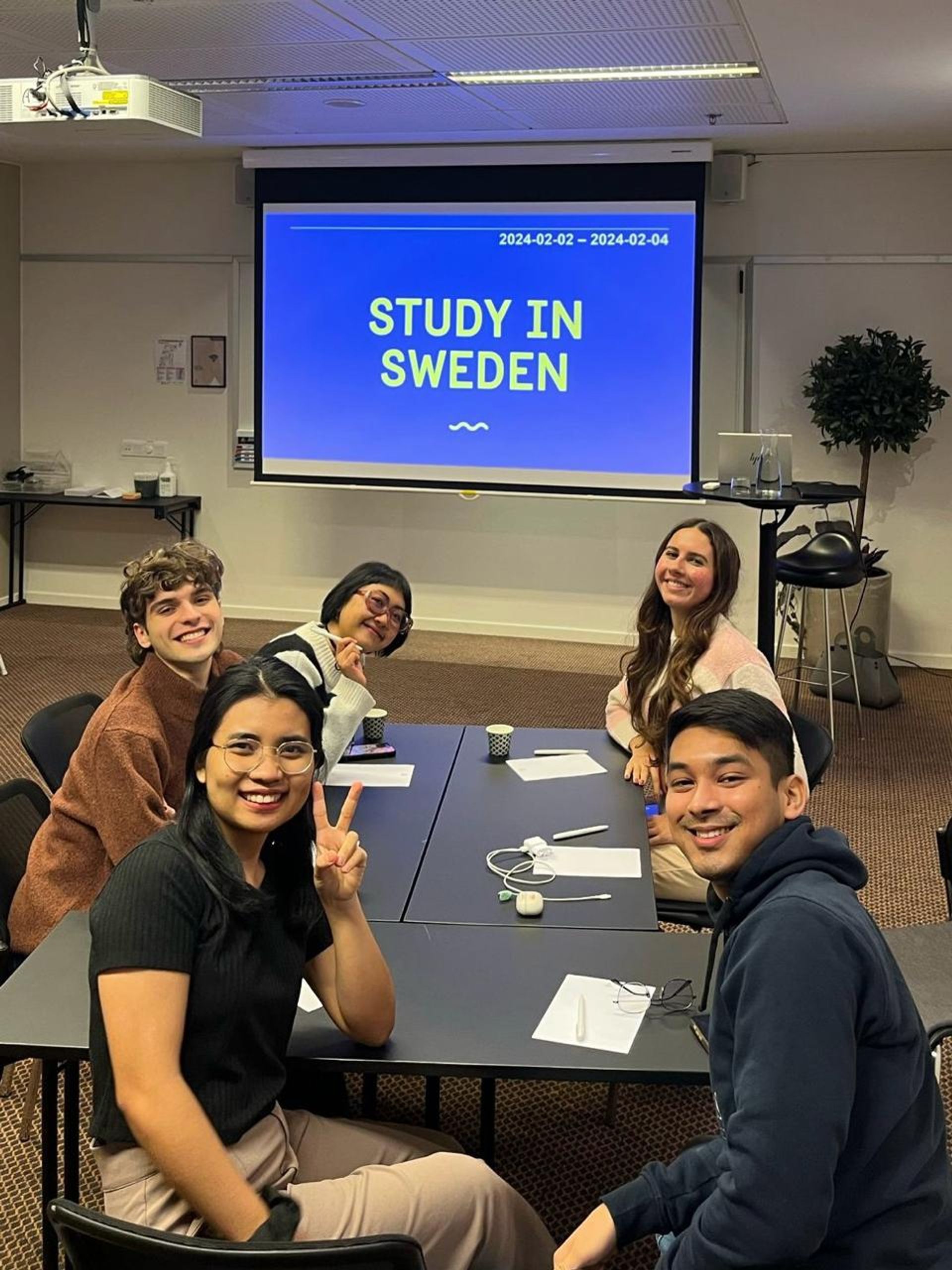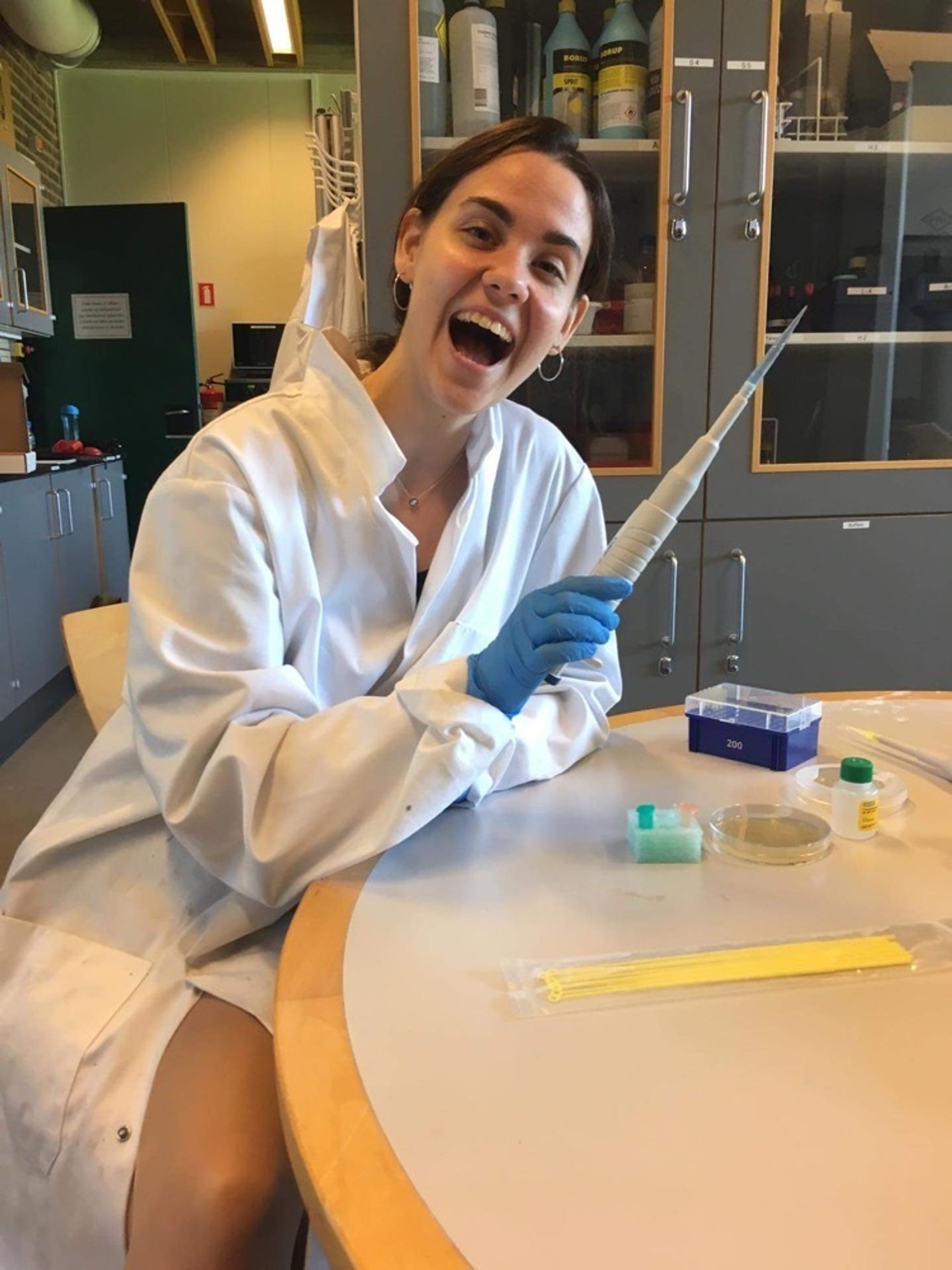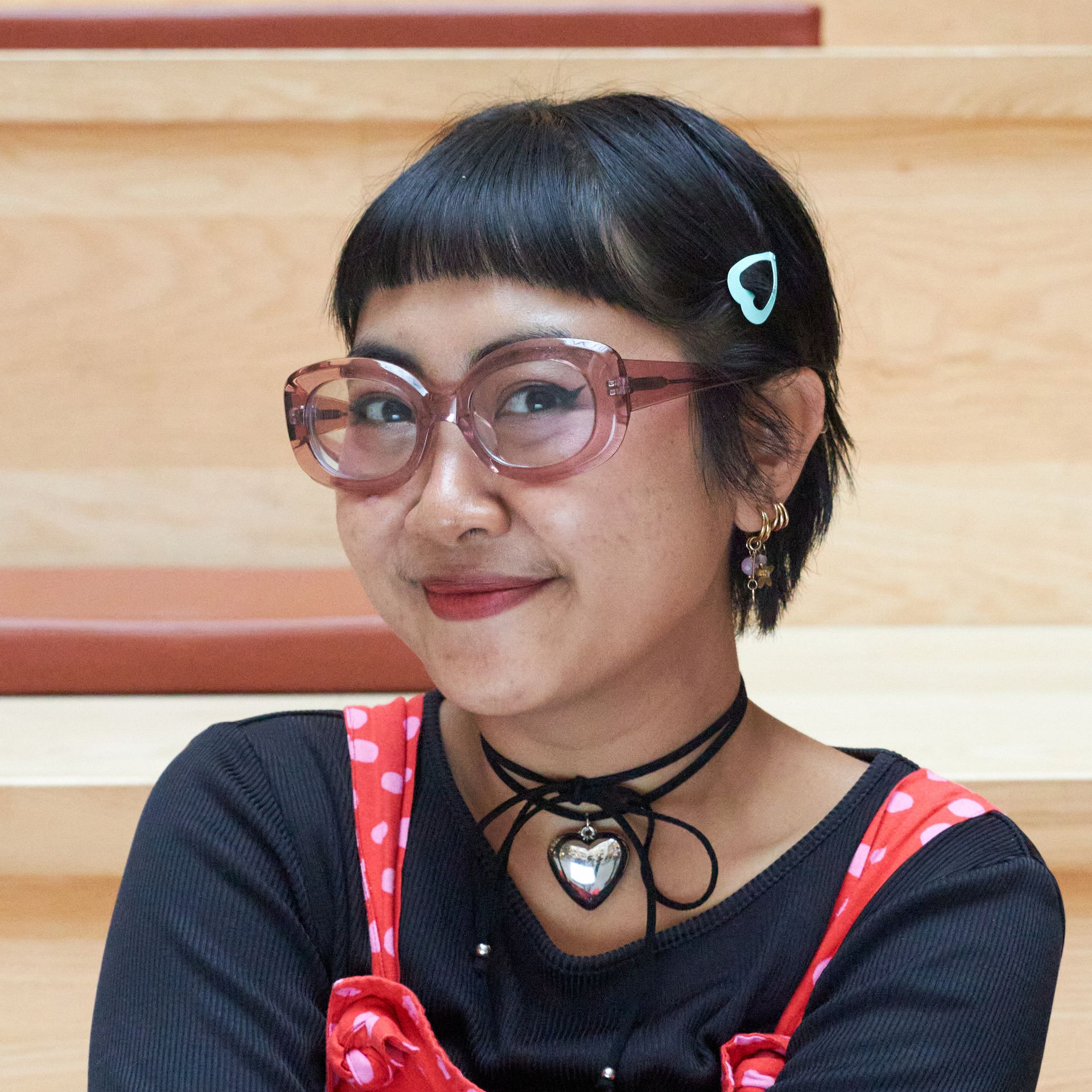Written by Dena
20 Oct 2015
So. A year has passed since I stepped into office as President of Jus Humanis, a local human rights organisation in Lund, run by and for students in partnership with the Raoul Wallenberg Institute for Human Rights and Humanitarian Law. I, along with 6 other board members, who also happen to be my classmates and friends, had set out a goal to make it a year to remember. Most of all, we set out to make it a year where we will make a significant contribution to the human rights discourse in the academic community of Lund.
My work as the President was quite rewarding and smooth. This is mostly because I had a great group of people in my team and because all of us shared a genuine motivation and enthusiasm connected to the work we did.
After having organised 21 events in one academic year, it was time to hand over the baton to a fresh group of people ready to take on the challenge for the upcoming year. Grateful for the experience, I realised my position at Jus Humanis was a result of a spontaneous decision.
And then I wondered what would’ve happened if I hadn’t been part of it. I don’t think I would like to have missed on something like this.
So, a couple of things I could advise on, so you don’t miss out on experiences while studying abroad:
1. Don’t be afraid to take on a challenge
This is directed to everyone studying abroad, in a country they don’t know that well. And it can be related to everything. Go to that mingle where you don’t know anyone, start playing a new sport, be a member of a wholly new student organisation, bar tend or be a sous-chef at a student nation. Get out of your comfort zone. You’ll thank me later.
2. Make meaningful connections
Moving abroad for studies will have you meet so many new people. The beautiful part of that is only… every part of it. Being given a chance to meet different people, with different backgrounds, maybe diametrically opposed cultures to yours is something many people take too lightly. It takes more than one introduction and befriending on Facebook to establish a connection. Go beyond the surface, make an effort, learn their story. Share yours.
3. Go local
And I don’t mean only eat local. Immerse yourself in the local culture, local customs and traditions and most of all – attend local events. Learn the language (or at least give it a decent try).They say travelling broadens the mind. It’s only true if you actually keep your mind open to absorb all the new, perhaps odd things your new place of residence has to offer. Meet people who live where you just moved, let them show you around. You’ll be so much richer for it.
4. Get involved
This one is connected to point 1. You don’t want to look back at your time abroad and realise you’ve been a passive observer to the life there. So there is an opening for volunteers at an organisation. Or a charity action, or … something. Something where you can give your experience, lend a hand, give. Be present.
5. Have fun
I saved the most obvious for last. 🙂 My initial point of departure is that learning is fun*, so the question is: If you’re not learning from it and if you’re not having fun, why are you doing it? As a student abroad (especially in Sweden) you have so many opportunities to engage into fun activities and I truly hope you will make good use of them. You want to look back at your time here and say it was the time of your life. (cue the cheesy song)
My second year in Sweden is going to come to an end in June. I have been thinking a lot about all the experiences I’ve had here and I am intent on having the best memories of my Master studies here. So far, so good.
The mantra? Whatever you do… Make it count.
______________
* Yes, yes, I am a bit of a nerd. We established that already.




